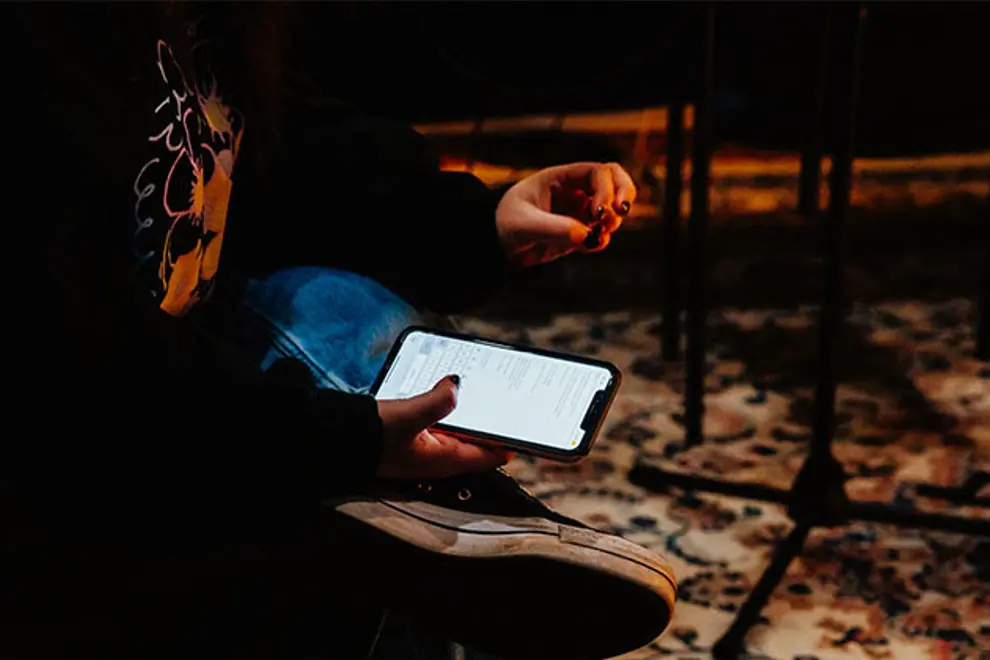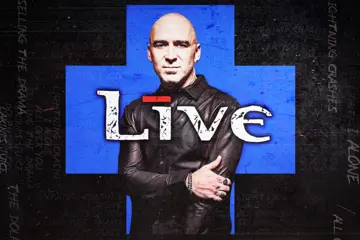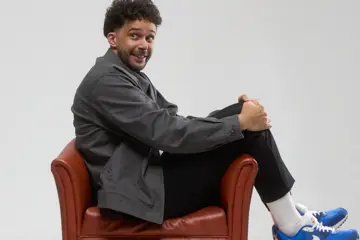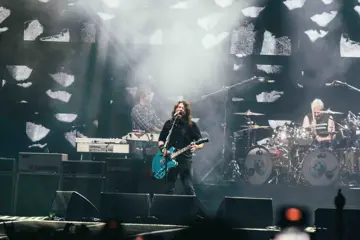A group of music creators and industry leaders addressed the Senate yesterday (30 September) in its inquiry into AI and the arts. And according to APRA AMCOS CEO Dean Ormston, tech companies that refuse to engage with existing licensing pathways are the actual barrier to AI innovation in Australia.
During his address to the Senate, Ormston highlighted APRA AMCOS’ rejection of the Productivity Commission’s proposal for a “text and data mining” copyright exemption.
“This isn’t about technology versus creativity. It’s about recognition and compensation,” Ormston said. “Tech companies’ refusal to engage with established licensing pathways is the real barrier to AI innovation in Australia. They don’t need an exemption. They need a licence.”
Ormston added, “The narrative that copyright protections are blocking AI innovation is not just false—it’s a delaying tactic.
“Australia has a world-leading licensing framework. These deals are everyday business for us. We’ve successfully navigated photocopying, peer-to-peer file sharing, and every technological disruption that came before. The solution exists. What’s missing is a phone call.”
Ormston wasn’t the only one who addressed the Senate.
Don't miss a beat with our FREE daily newsletter
Among the industry leaders were APRA AMCOS Director of Aboriginal and Torres Strait Islander Programs and Strategy, Leah Flanagan, APRA Writer Board member, Caitlin Yeo, plus APRA members including Francois Tetaz, Adam Briggs, Holly Rankin (Jack River), Dan McNamee, and Paul Dempsey, and LA-based composer, Tushar Apte. The group stated that the Productivity Commission had never approached them for their insights into AI and music.
Further presenting a united front, APRA AMCOS addressed the Senate alongside ARIA CEO Annabelle Herd and AMPAL’s Damian Rinaldi.
“There’s been acknowledged mass piracy and infringement, but instead of focusing on how we stop that from happening and work out licensing and correct engagement, it’s been, ‘Oh well, it’s already happening, we may as well legalise theft,’” Herd told the committee.
Rapper Adam Briggs summed it up best, answering a question from Independent Senator David Pocock on whether AI could recreate a Briggs song.
“I don’t think AI understands what a lounge room in Shepparton, Victoria smells like,” he quipped. “It’s like the innate human quality of the art and the authenticity that we strive to create, and our audience expects from us as artists.
“Quite simply, all we’re trying to do is future-proof that to make sure we have sustainable careers, not just for myself, but for the next generation of young blackfellas from Shepparton, from Wagga Wagga, from throughout the country.”
Last year, APRA AMCOS commissioned the landmark report, AI and Music, which presented evidence that 97% of its members demand “consent, credit, and compensation” if AI is to copy their material. The report also predicted that with AI making its way into the music industry, approximately $519 million in cumulative damage will be lost by 2028.
That figure represents 23% of creator revenues, with APRA AMCOS arguing that AI platforms continuing to operate unchecked and unlicensed will have a devastating impact on Australian music creators.
Ormston concluded, “The Tech Council calls their position finding a path forward.’ We call it what it is: grand theft. All we’ve asked for is what every other industry demands—recognition and fair compensation for the use of our work. We’re open for business. Let’s get them to the table.”
















